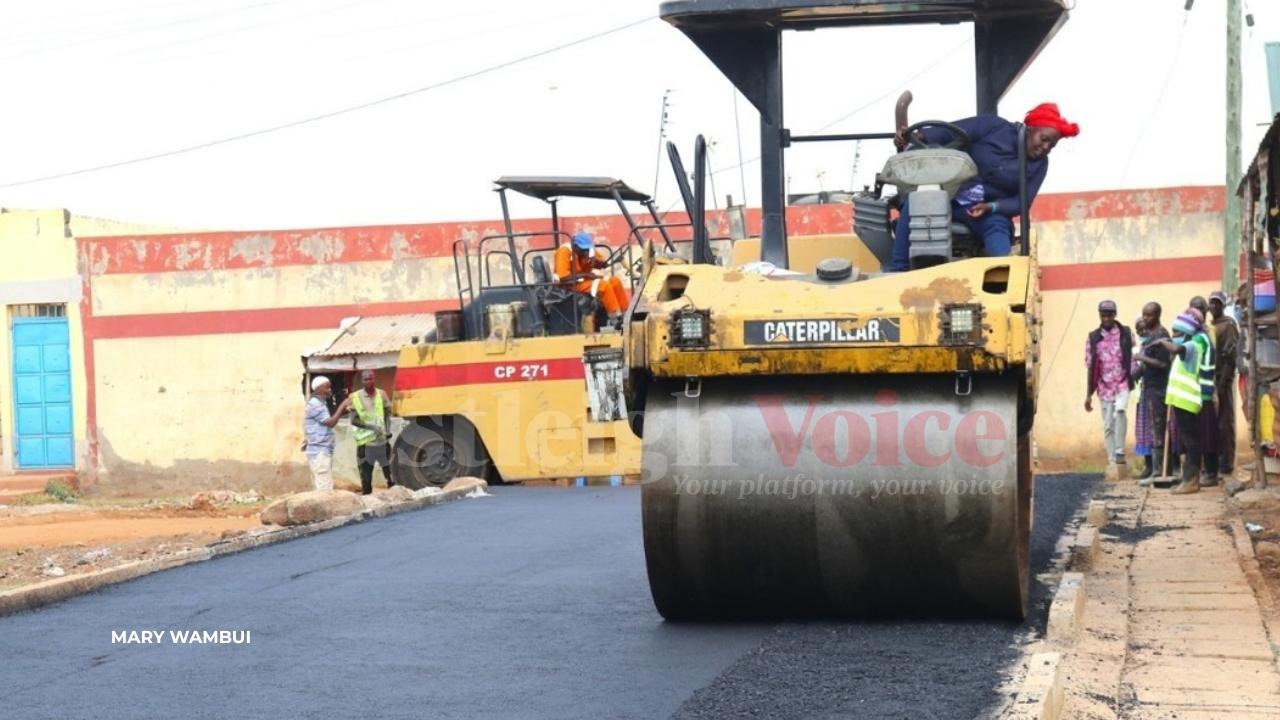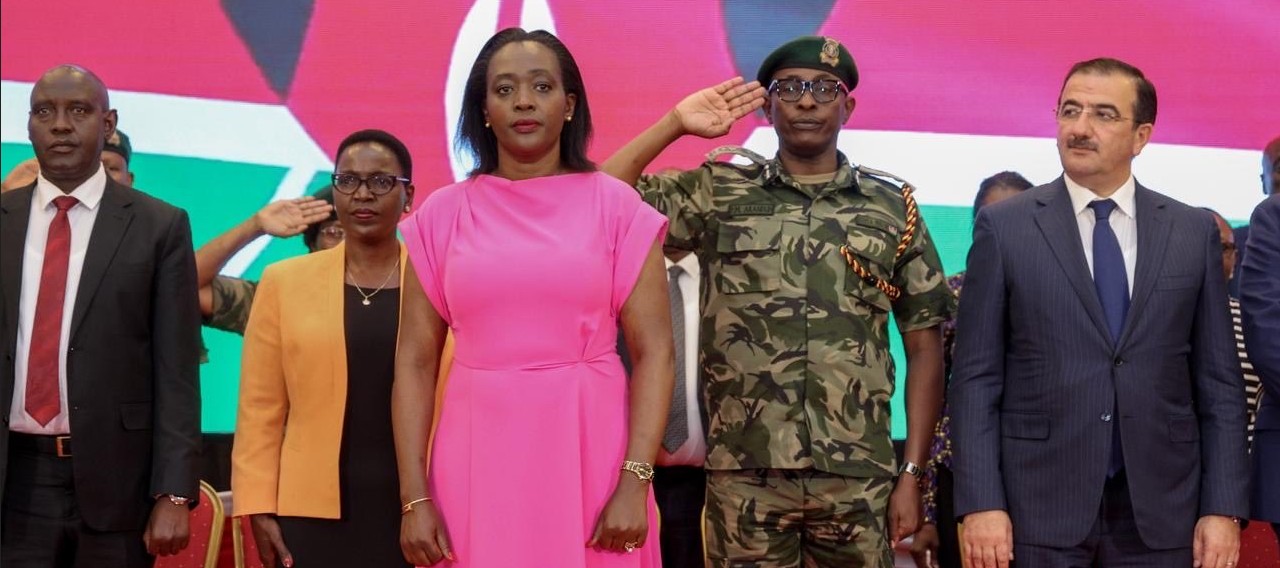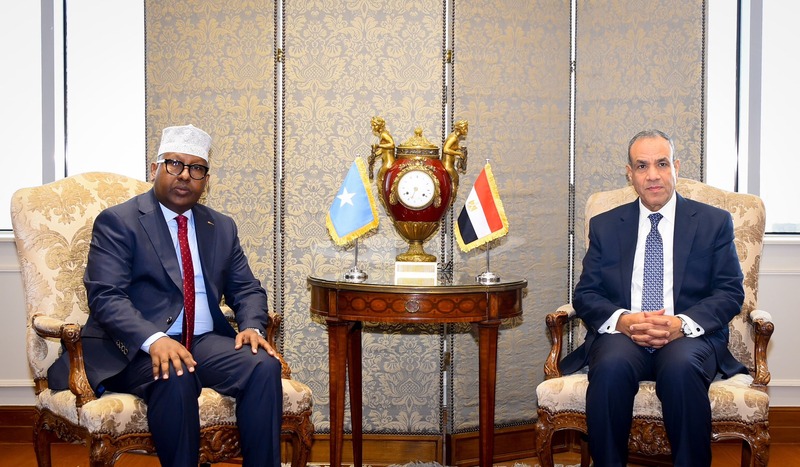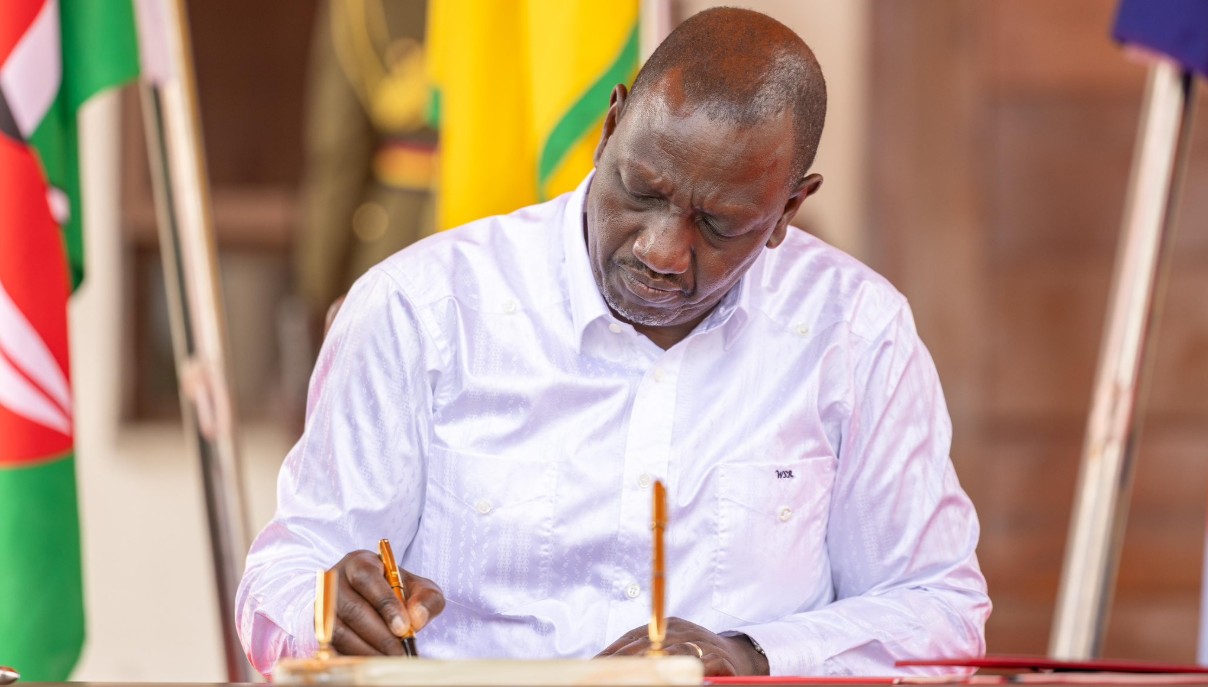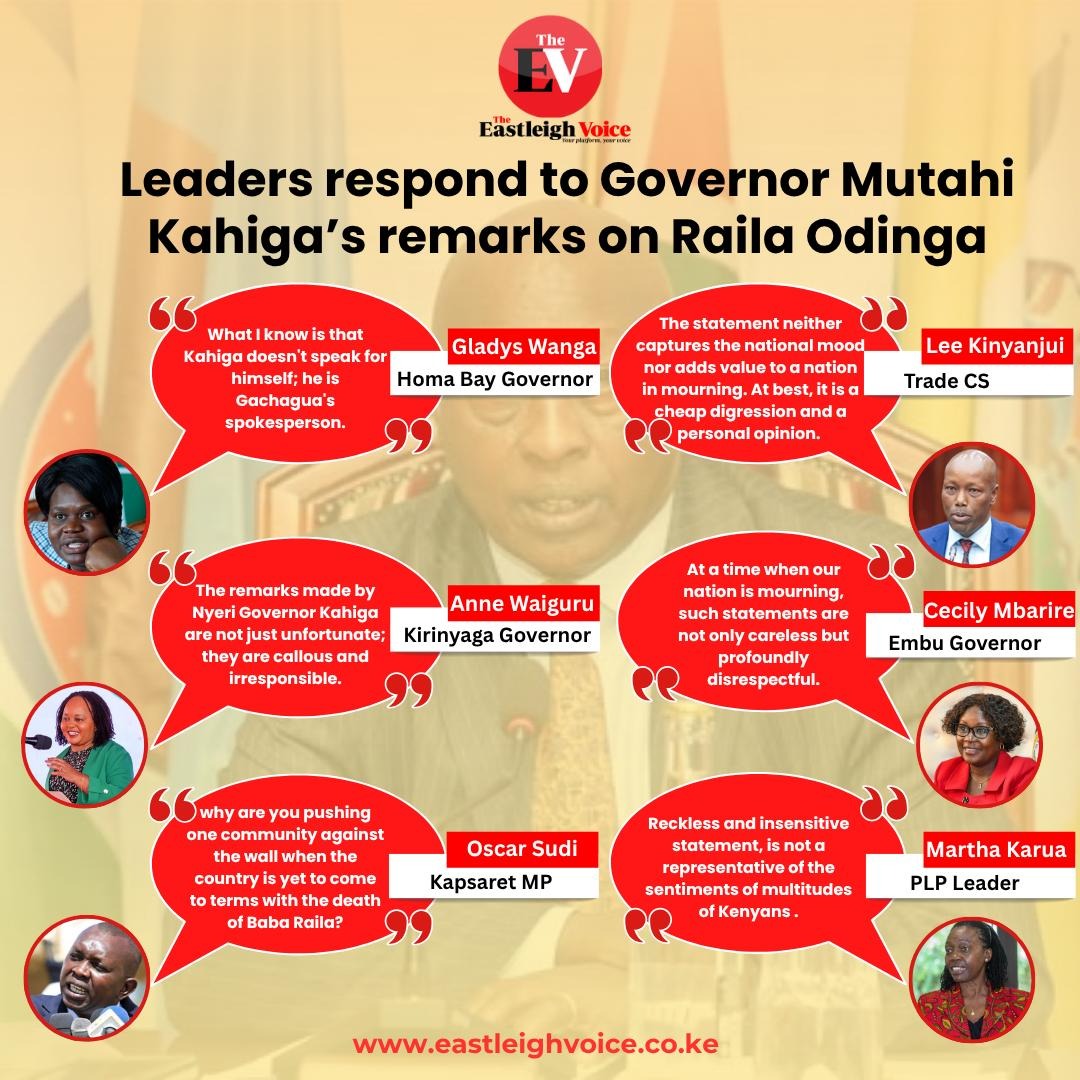AU council concludes session with focus on continental stability, education
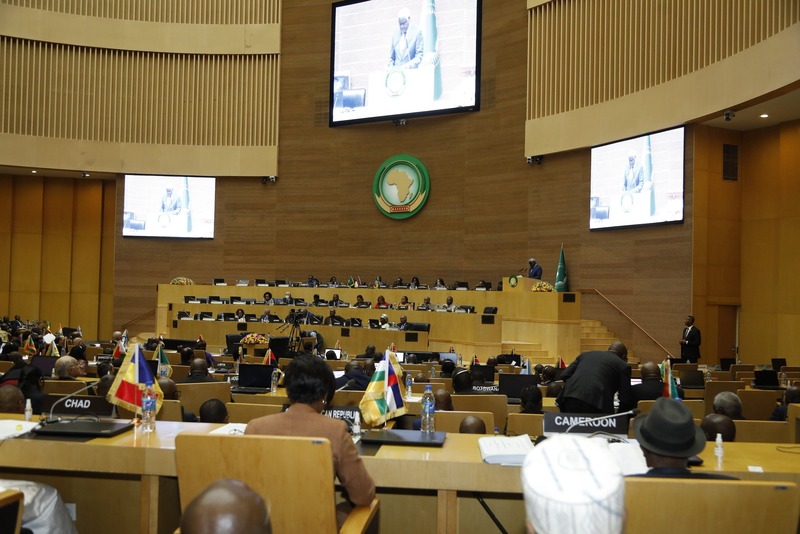
The AU leader commended the International Court of Justice's decision and South Africa's commitment.
The 44th Ordinary Session of the Executive Council of the African Union (AU) concluded in Addis Ababa with a call to prioritize continental stability and enhance education on Thursday.
AU Chairperson Moussa Faki Mahamat emphasised peace, security, development, sustainable financing, and global multilateral cooperation as top continental priorities.
More To Read
- Passenger train derails in eastern Ethiopia, leaving 14 dead and many hurt
- Ex-President of Ethiopian Islamic Affairs Supreme Council, Grand Mufti Haji Umar Idris, is dead
- Mudavadi recounts emotional journey bringing Raila’s body home from India
- Elders, governors gift Raila Odinga’s family over 100 bulls ahead of burial
- Non-Aligned Movement ministers renew call for multilateralism at Uganda meeting
- Can the AU prevent coups like Madagascar's?
Security deficits in Sudan, Somalia, DR Congo, Libya, and the Sahel region were highlighted for posing threats through armed conflicts, terrorism, and political challenges.
He said the resurgence of military coups, pre- and post-electoral violence, humanitarian crises linked to war and the effects of climate change remain a very great source of concern for Africa.
“They seriously threaten to tarnish the signs of Africa's emergence of which we are proud,” he said.
Chairperson Moussa Faki condemned the acceptance of blind violence by major world powers. He urged a political solution to the Palestinian-Israeli conflict based on the two-state principle.
The AU leader commended the International Court of Justice's decision and South Africa's commitment.
The Chairperson stressed that peace and security are intertwined with justice and the recognition of fundamental rights.
Faki raised concerns over the apparent collapse of regional and continental governance institutions, questioning the resilience of the AU structure against the collapse of its pillars, the Regional Economic Communities (RECs).
Comoros Minister of Foreign Affairs Dhoihir Dhoulkamal emphasised addressing terrorism, violent extremism, and unconstitutional changes of government as challenges to democratic processes.
“We have also spared no effort to find a lasting solution to the various crises that are currently affecting the continent.”
He said the war in Sudan has mobilized leaders in the continent to bring the positions of the warring parties closer together.
“I believe that the two rival factions, in patriotism, will soon resume negotiations and thus shorten the suffering of the Sudanese people,” he added.
Ethiopia's Minister of Foreign Affairs Taye Atske-Selassie commended AU's efforts in addressing crises, highlighting the importance of the AU Peace and Security Architecture.
"The African Union Peace and Security Architecture is central to the success of African solutions to African challenges."
Highlighting the role of the Pretoria Peace Agreement in ending the conflict in Northern Ethiopia, Minister Atske-Selassie underscored Ethiopia's commitment to African solutions.
He affirmed ongoing collaboration with the AU, emphasizing the importance of the monitoring, verification, and compliance mechanism in consolidating peace. He expressed his determination to work closely with other countries to enhance Ethiopia's stability.
The Executive Secretary of the UN Economic Commission for Africa, Claver Gatete said there is still a need for partnerships between industries and educational institutions.
Gatete urged alignment of curricula with job markets, efficient educational spending, and private sector involvement to support human capital development.
“Africa cannot afford to play small in this 4th industrial revolution. We must be drivers or miss yet another opportunity,” he said.
The Rwandan diplomat who has been serving as the Executive Secretary of the United Nations Economic Commission for Africa since 2023 said, “We can build technological capabilities that foster value addition in strategic sectors like agribusiness, manufacturing, green transitions, global health, among others.”
He said economies of scale and agglomeration can be generated because Africa has the necessary workforce.
“When we integrate TVET within a modernized education system, we ensure capable labour markets for micro, small and medium-sized enterprises to become more competitive,” he added.
Kenya’s Prime Cabinet Secretary and Cabinet Secretary for Foreign and Diaspora Affairs Musalia Mudavadi addressed the pressing challenge in Africa of maintaining peace and security to prevent disruptions and humanitarian crises,
He said millions of children across the continent remain displaced from school, particularly in conflict hotspots countries.
The AU Executive Council meeting sets the stage for the 37th Ordinary Session of the AU Assembly of the Heads of State and Government on Feb 17-18.
The agenda includes trade, regional integration, multilateral cooperation, progress on the African Continental Free Trade Area, and preparations for the 2024 theme on Education.
Other issues include institutional and financial reforms, agriculture, climate change, health advancements, and women and youth empowerment.
Top Stories Today
